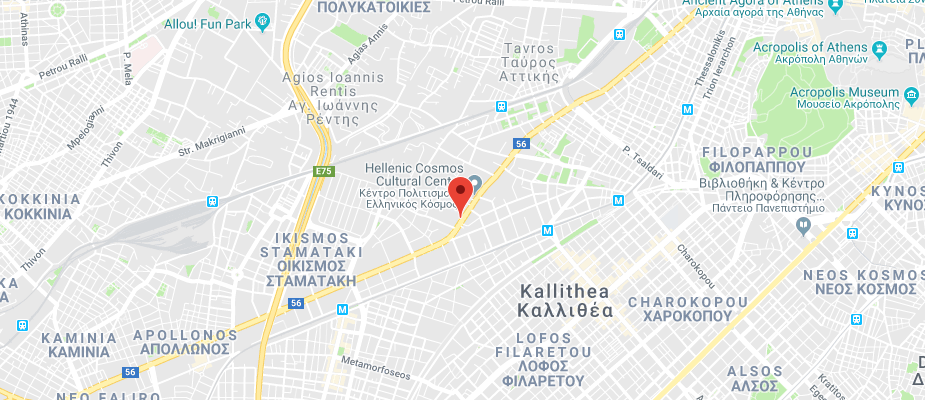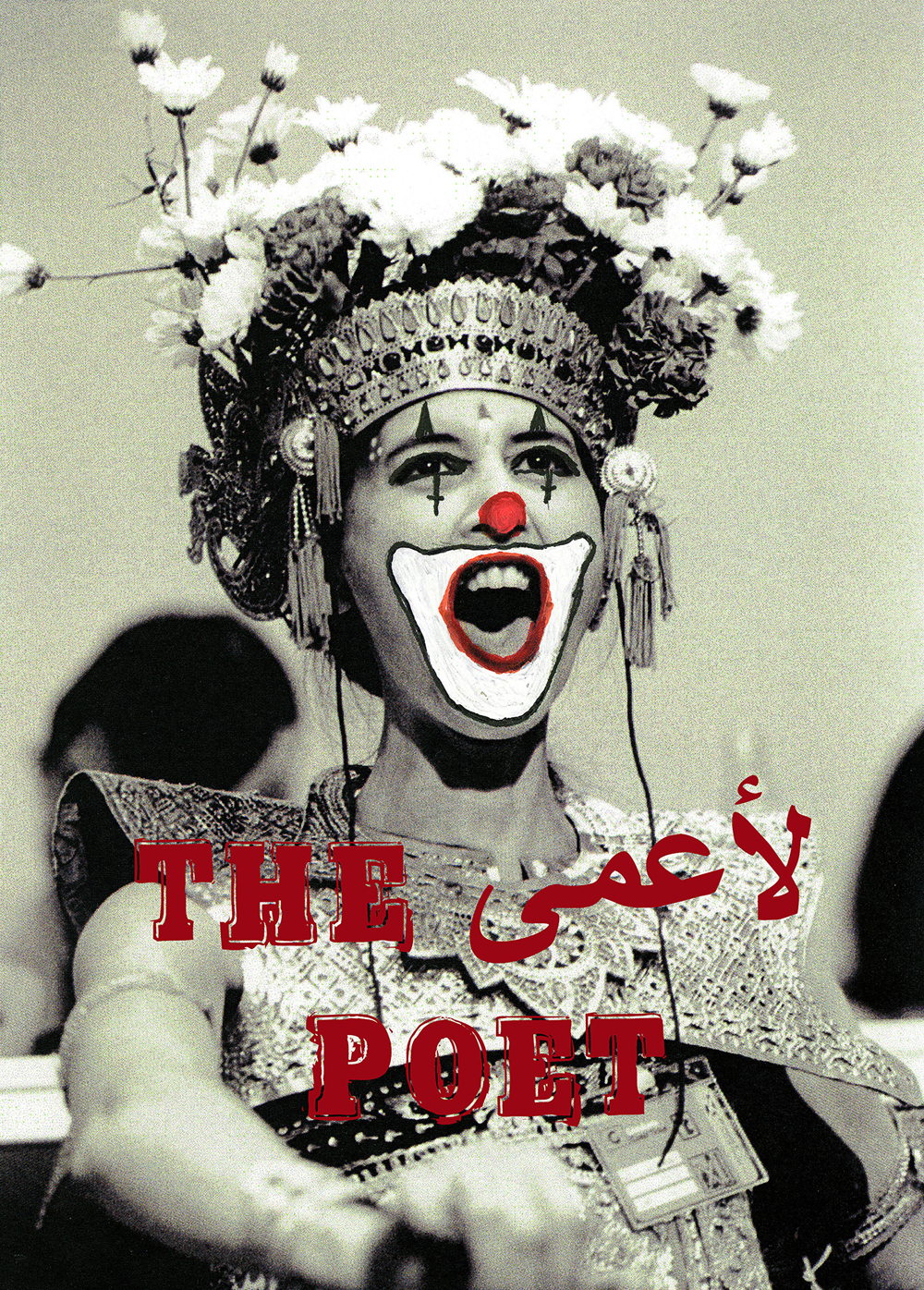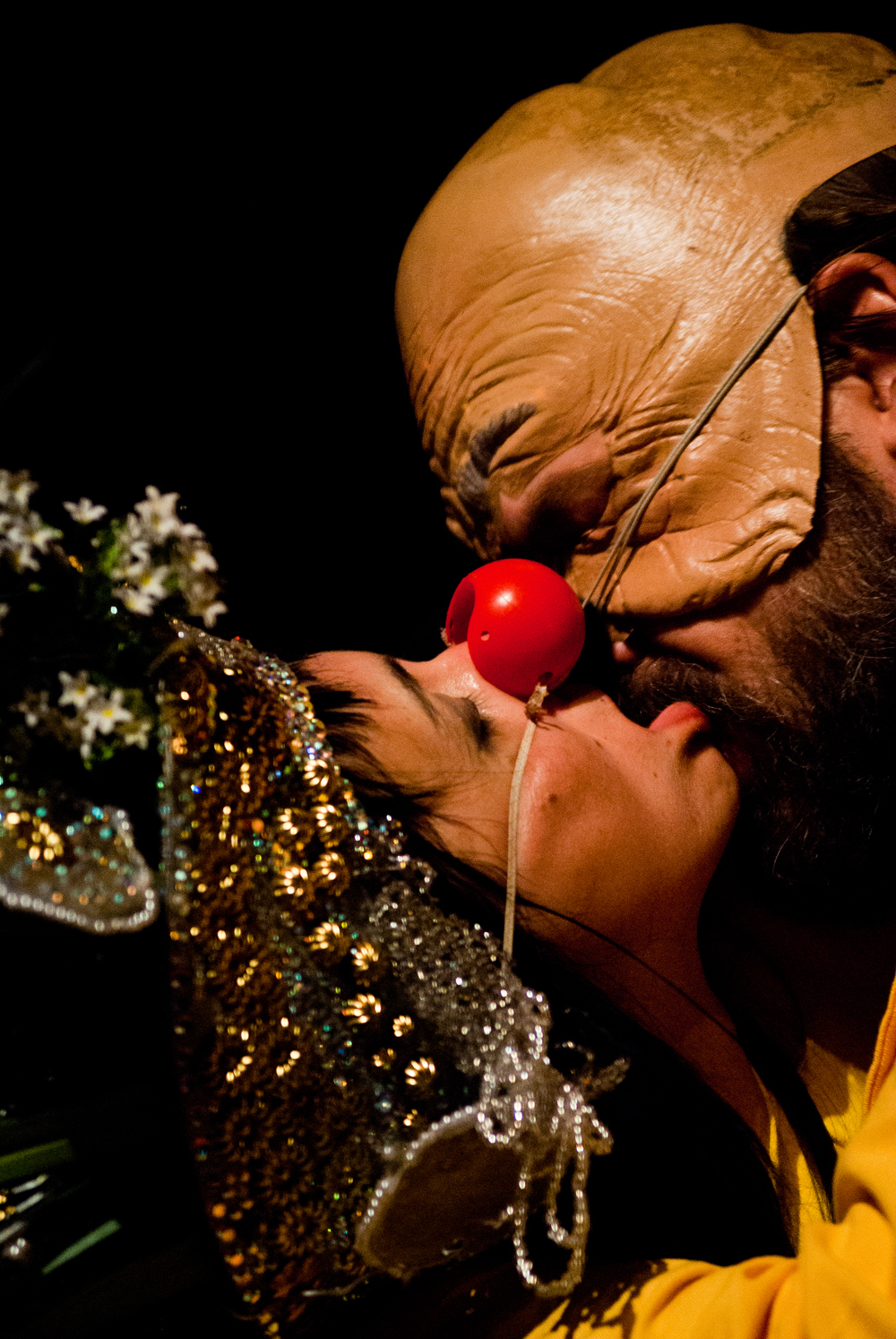Jan Lauwers - Needcompany
The blind poet
Taking the family free of its performers as his starting point, Lauwers pens a story rooted in all manner of different ethnicities, languages and cultures. He goes back a thousand years in order to reflect on the notion of identity in today’s multicultural Europe. Lauwers quotes passages from the work of Abu al' Alaa al Ma’ari, a blind Arab poet who lived in the 10th and 11th centuries, and of the poet Wallada bint al-Mustakfi, who worked in 11th-century Andalusia. “The idea for the Blind Poet was born during a visit to the mosque in Cordoba, a unique 300-column monument with a Catholic cathedral stuck in the middle of it. Surrounded by the refined Moorish architecture, the church just looks small and silly. I just stood staring in bewilderment at the whole historical mess.”
Cordoba was the capital of the world with a population of between 300,000 and a million. Women held positions of power and translated Plato. Atheism was commonplace. The city had numerous libraries and over 600,000 books. Just for comparison, the largest city in Christendom at the time was Paris, which had just 30,000 inhabitants, while the French capital’s largest library held just 60,000 books; the celebrated Charlemagne was illiterate.
What does that mean? That History lies and deceives? That it is written by the victors? By men. By the few who tell the many what to do. To what extent degree does History as we know it today relate lies, random discoveries and real events? In the 11th century, the women of Cordoba were equal to men. Or the Muslim women were at least. The Christian women thought them overly daring; they considered them a little ‘fast’.
So the history of Cordoba is a simple example of how History comes back to us. The Blind Poet travels through History using the family trees of the members of Needcompany to reveal links and similarities between each member and the group as a whole.
With Greek and English surtitles
Translation from English: Ioulia Vagena





